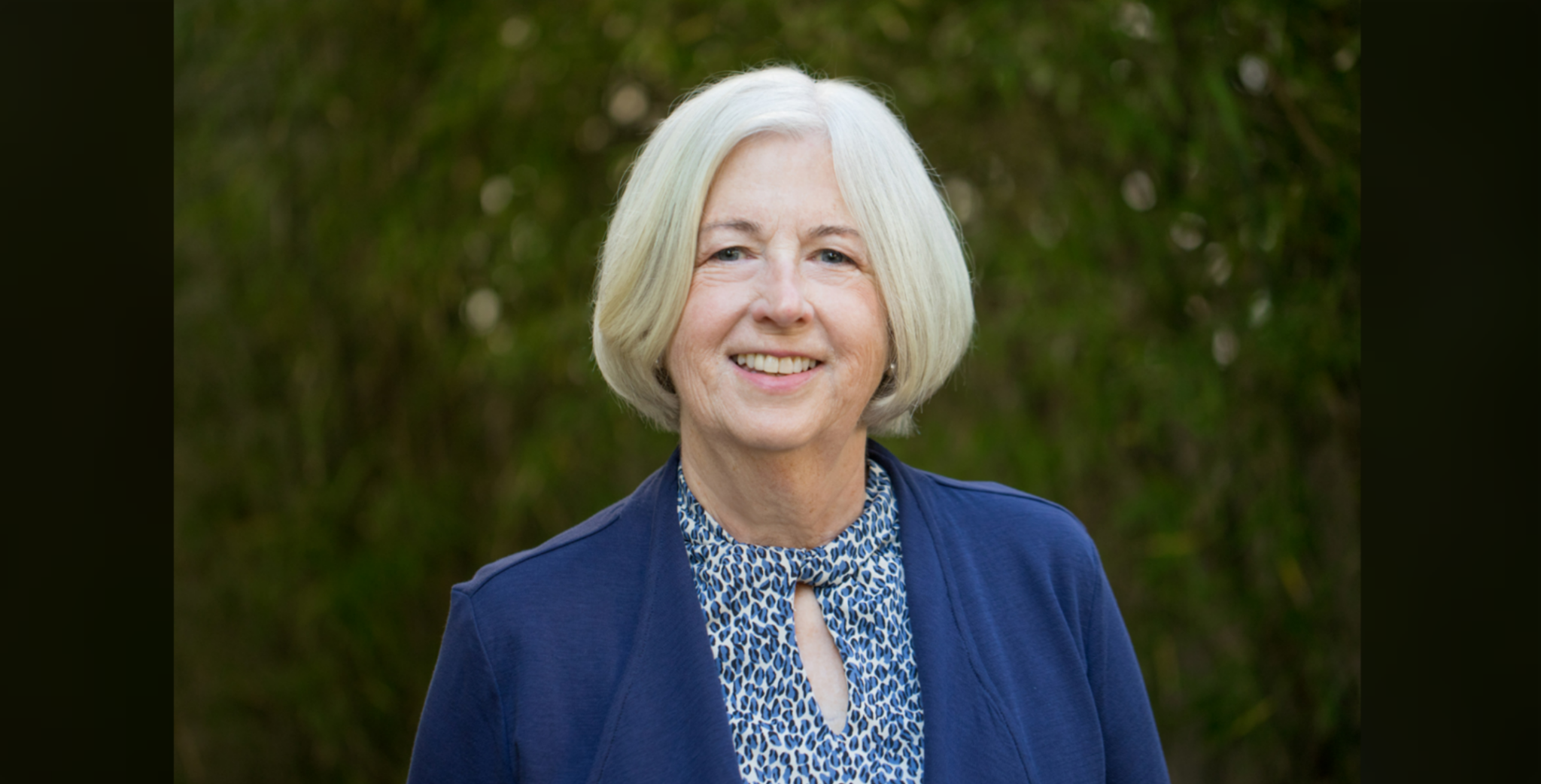
The journey of a startup founder is never easy, especially in the earliest stages. However, while early-stage founders face ample barriers, there are more opportunities today than ever before.
When entrepreneur turned investor Dave Lambert was just starting out, the startup ecosystem in the United States looked much different.
“In 1992, I only knew one other person anywhere that was becoming a founder. After graduating school, everybody else went and got jobs, and people thought it was insane that I was going to start a business. It just wasn’t even considered a career path at that time,” Lambert says. “And then the whole startup ecosystem exploded. It used to be that there was really only capital available in the Bay Area, maybe Boston and New York a little bit. And now there’s sources of capital all over. And almost every major city and a lot of secondary cities in the U.S. have very burgeoning tech ecosystems.”
Lambert is one of those funding sources. As the managing director and co-founder of Right Side Capital, his firm is one of the most active pre-VC stage investors in the country. On June 8, he’ll be hosting pitch practice and office hours events for Founders Network members where he’ll provide insights to help early-stage startup founders overcome their funding challenges.
It used to be that there was really only capital available in the Bay Area, maybe Boston and New York a little bit. Share on XEarly-stage funding realities
While funding is essential for startups at every stage, it can be especially vital in the early stages when startups struggle most to access funding from investors. According to one report, 58 percent of founders start their businesses with less than $25,000, and one-third of founders start with less than $5,000. That’s likely why 10 percent of startups fail within the first year.
“That segment of the funding ecosystem is where it’s hardest to raise capital because there’s not a lot of professional investors, almost none, that deploy capital into companies raising just a few hundred thousand dollar rounds,” Lambert says. “One of the challenges at that stage is that it’s incredibly risky. Most investments go to zero. Just a very small percentage of them are very successful.”
Early on in a company's lifecycle, keeping cash burn under control is incredibly important. Share on XControlling cash burn
Due to the funding limitations early-stage startups face, Lambert says it’s especially important for founders at this stage to control their cash burn. One third of startups fail because they run out of money, and cash flow is often cited as a major challenge by startup founders.
“Early on in a company’s lifecycle, keeping cash burn under control is incredibly important. Think of cash burn as optionality. The longer your cash lasts you, the more optionality you have to not just make your current business model work, but pivot and change and discover newer business models and products that might even have more value both to you and to your customers,” Lambert says. “When you get really high burn, you tend to have blinders on and try to just make your current business model work, and you ignore a lot of opportunities that are out there.”
As an entrepreneur, you often engage with investors for six weeks to six months, sometimes before you even get a no from them, let alone a yes. Share on XExpanding opportunities
In light of the challenges facing startup founders in the very early stages, Right Side Capital created a funding process that eliminates a lot of the barriers early-stage startup founders face when trying to secure funding.
“As an entrepreneur, you often engage with investors for six weeks to six months, sometimes before you even get a no from them, let alone a yes,” Lambert says. “We’ve built this completely fast and transparent funding process where we get to take companies in, engage with them, and give them very quick yes or no decisions. We list on our website, what it is we look for and what profiles we fund.”
Right Side Capital primarily invests in companies raising sub-$500k rounds at sub-$4M valuations that already have a live product generating revenue. They use a quantitative investment selection process and have invested into more than 1,300 portfolio companies since 2012. Prior to founding Right Side Capital, Lambert was CEO and co-founder of two different technology startups; one hardware, and one software.
To learn more about ways to address early-stage startup funding challenges, see if you qualify for membership to attend Lambert’s events on June 8.






